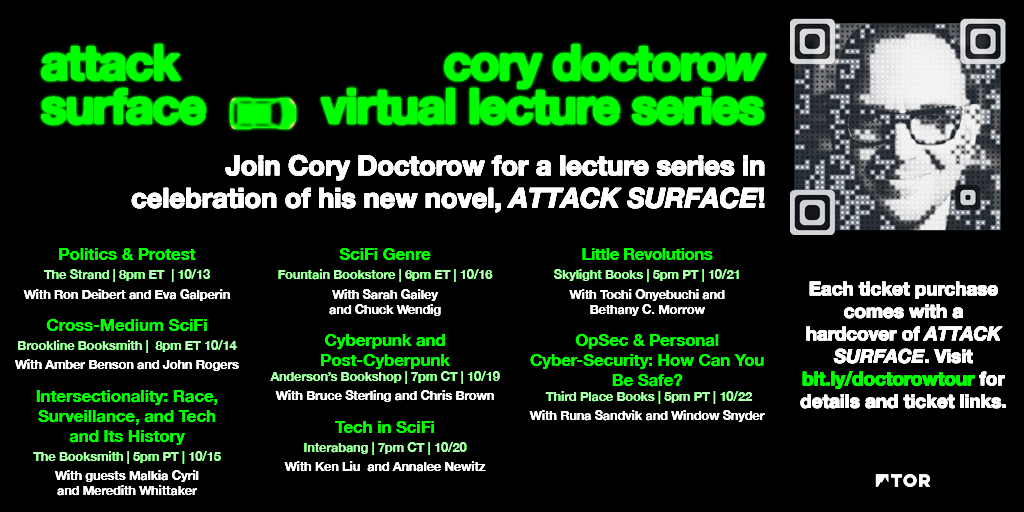
PEOPLE HAVE ALWAYS BEEN PEOPLE mckitterick.tumblr.com/post/632010300… 







PEOPLE HAVE ALWAYS BEEN PEOPLE mckitterick.tumblr.com/post/632010300… 







PEOPLE HAVE ALWAYS BEEN PEOPLE mckitterick.tumblr.com/post/632010300… 







PEOPLE HAVE ALWAYS BEEN PEOPLE mckitterick.tumblr.com/post/632010300… 







PEOPLE HAVE ALWAYS BEEN PEOPLE mckitterick.tumblr.com/post/632010300… 



• • •
Missing some Tweet in this thread? You can try to
force a refresh
















